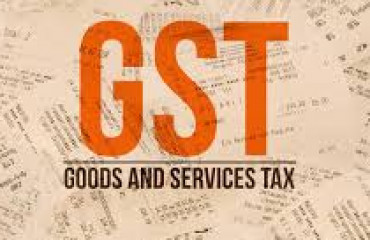
- 09 Jan 2023 02:45 PM
- New
Aviation industry seeks tax relief in the Union budget
The civil aviation industry, which is finally experiencing a resurgence after enduring weak demand and debilitating financial losses over the past two years, has seen signs of recovery in the December quarter. The industry now hopes the government will provide relief on taxation in the upcoming Union budget to bring down the cost structure for airports and airlines.
Read More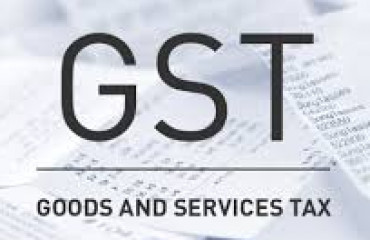
- 07 Jan 2023 05:03 PM
- New
GST registration applicants’ details will be taken from IT database: CBIC
New Delhi: The Central Board of Indirect Taxes and Customs (CBIC) said on Saturday those applying for Goods and Services Tax (GST) registration need not give their mobile phone number and email address.
Read More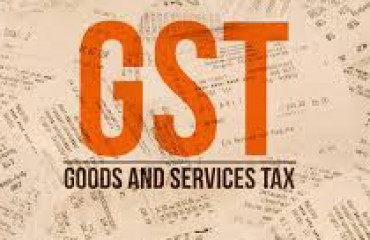
- 06 Jan 2023 04:40 PM
- New
11 Changes in GST Utilities/Forms on GST Portal
Source: https://taxguru.in/goods-and-service-tax/11-changes-gst-utilities-forms-gst-portal.html
♦ A taxpayer is suspended on the portal if they do not file six or more consecutive monthly returns /quarterly returns (QRMP) for two tax periods in Form GSTR 3B are issued with a system generated notice for cancellation in Form GST REG-17 for the returns pending to be filed up to the tax period October, 2022 for monthly and up to the September, 2022 quarter for QRMP. This process will be done periodically in the system.
Read More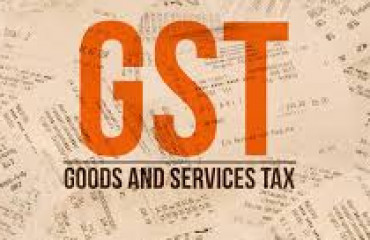
- 05 Jan 2023 06:10 PM
PM Modi to chair second conference of Chief Secretaries in Delhi on 6 and 7 Jan
In a step towards boosting the relationship between the Union and State Government, PM Modi will chair the National Conference of Chief Secretaries in Delhi on 6 and 7 January. This will be the second edition of such a conference with Chief Secretaries, the first such conference was held in Dharamshala in June 2022.
Read More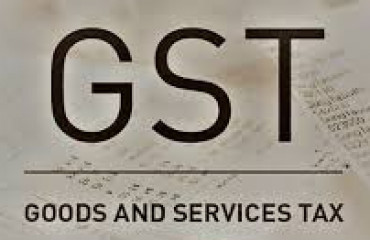
- 04 Jan 2023 05:50 PM
India’s policy impact challenge: Why it exists and how to meet it
In the history of India, there have been critical junctures when the policy terrain saw significant reforms. The past few years make up a transformative period due to a series of major policy initiatives. The policies have spanned various socio-economic and legislative areas, some of the highlights being the implementation of Goods and Services Tax (GST),
Read More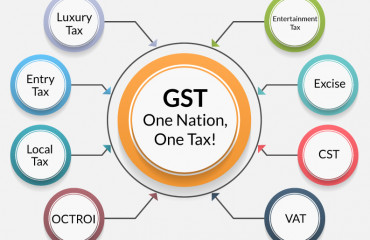
- 03 Jan 2023 06:02 PM
Monthly GST revenues more than Rs 1.4 lakh crore for 10 straight months in a row
The gross GST revenue collected during December 2022 is Rs 1,49,507 crore, of which CGST is Rs 26,711 crore, SGST is Rs 33,357 crore, IGST is Rs 78,434 crore (including Rs 40,263 crore collected on import of goods) and Cess is Rs 11,005 crore (including Rs 850 crore collected on import of goods).
Read More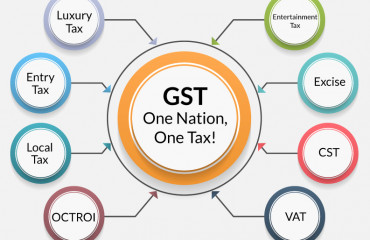
- 02 Jan 2023 03:16 PM
GST collection jumps 15% to ₹1.49 lakh crore in December 2022
GST revenues rose by 15% in December 2022 to over ₹1.49 lakh crore, the Finance Ministry said on Sunday. "The gross GST revenue collected during December 2022 is ₹1,49,507 crore, of which CGST is ₹26,711 crore, SGST is ₹33,357 crore, IGST is ₹78,434 crore (including ₹40,263 crore collected on import of goods) and cess is ₹11,005 crore (including ₹850 crore collected on import of goods)," the ministry said in a statement. The monthly GST revenues more than ₹1.4 lakh crore for 10 straight months in a row
Read More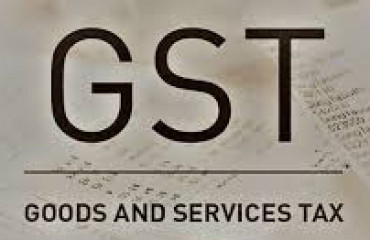
- 02 Jan 2023 04:36 PM
Centre, states collect around ₹1.5 trillion in GST in December
NEW DELHI : Central and state governments collected around ₹1.5 trillion in Goods and Services Tax (GST) revenue in December, showing an improvement of 15% over what was collected in the same month a year ago, finance ministry said in a statement on Sunday.
Read More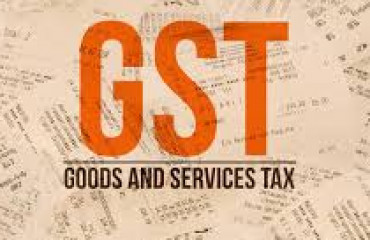
- 02 Jan 2023 05:10 PM
Centre, states collect around ₹1.5 trillion in GST in December
Central and state governments collected ₹1.5 trillion in goods and services tax (GST) in December, up 15% from a year earlier, on higher sales of automobiles and a pick-up in services activity.
Read More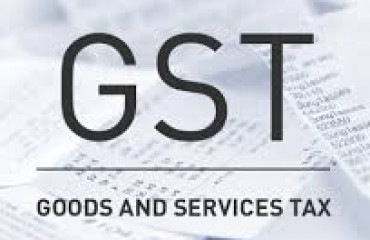
- 02 Jan 2023 05:13 PM
Govt proposes self regulation for online gaming companies: Things to know
Centre recently appointed the Ministry of Electronics and Information Technology (MeitY) as the nodal ministry for matters relating to online gaming with monetary risks. Now, as per a notice by the ministry, online companies may be required to practice self regulation.
Read More